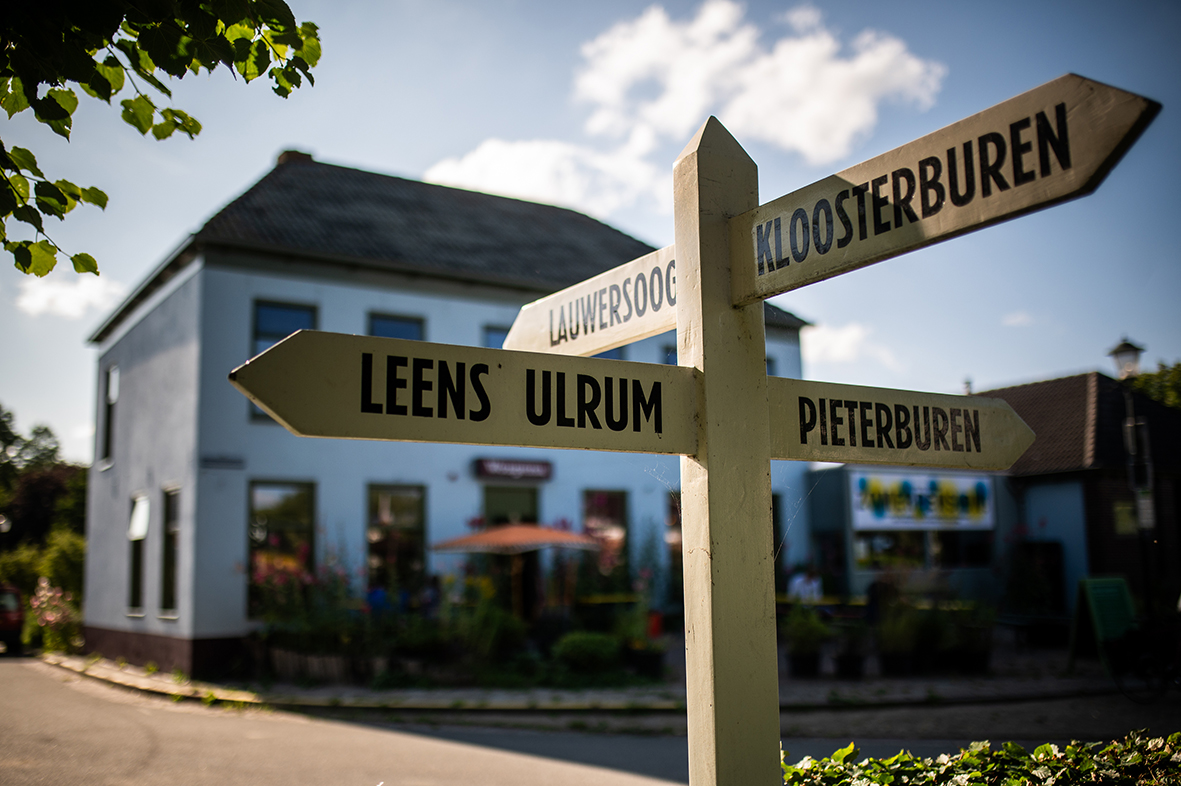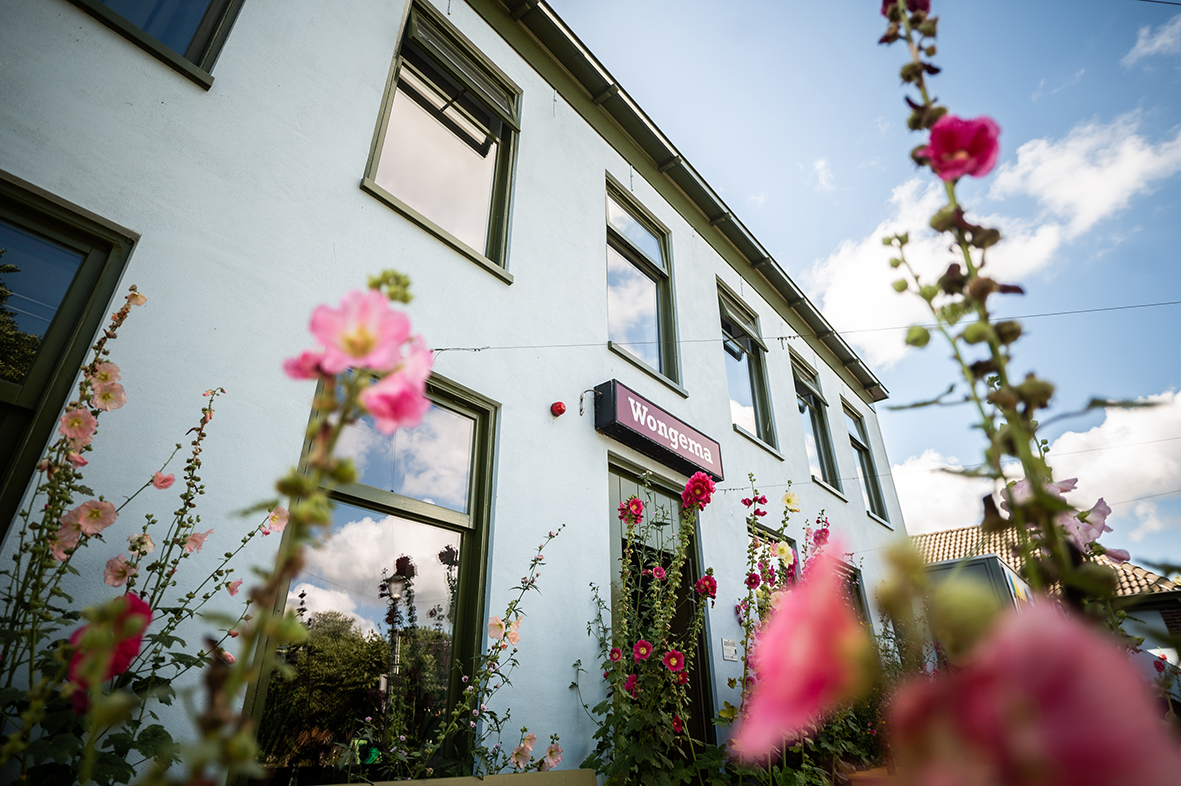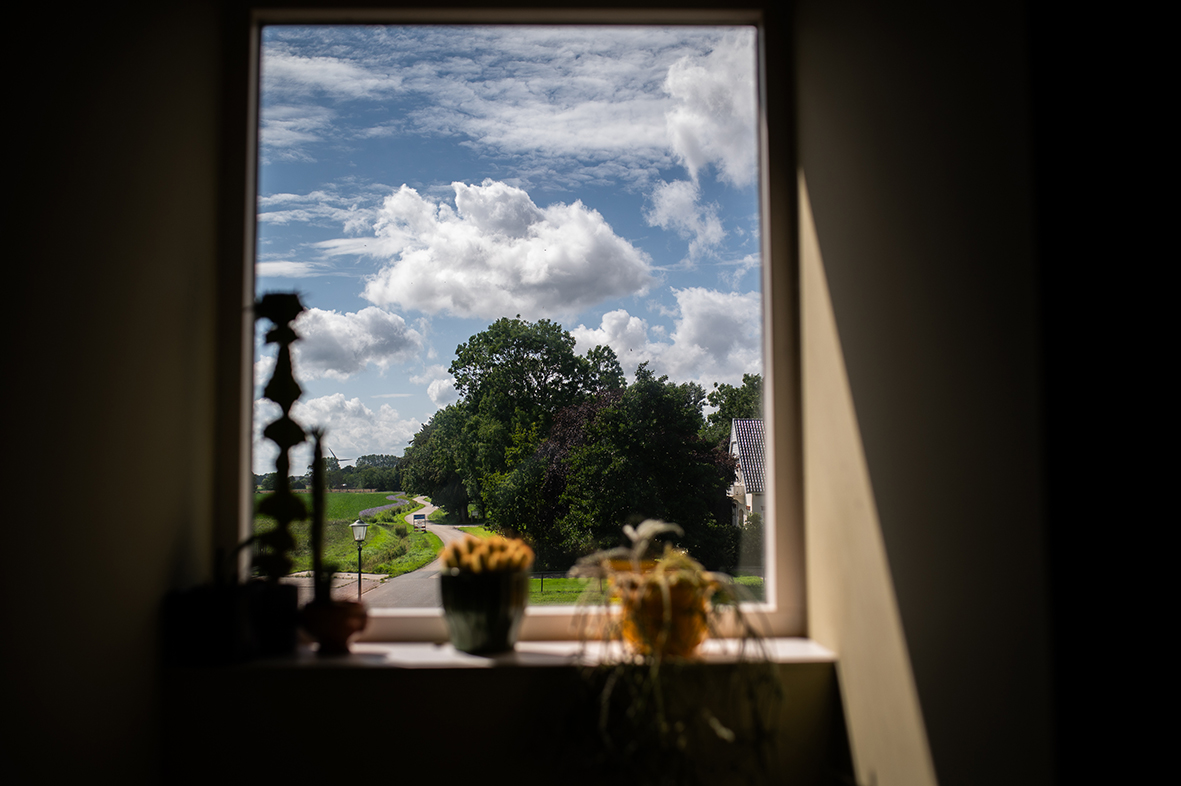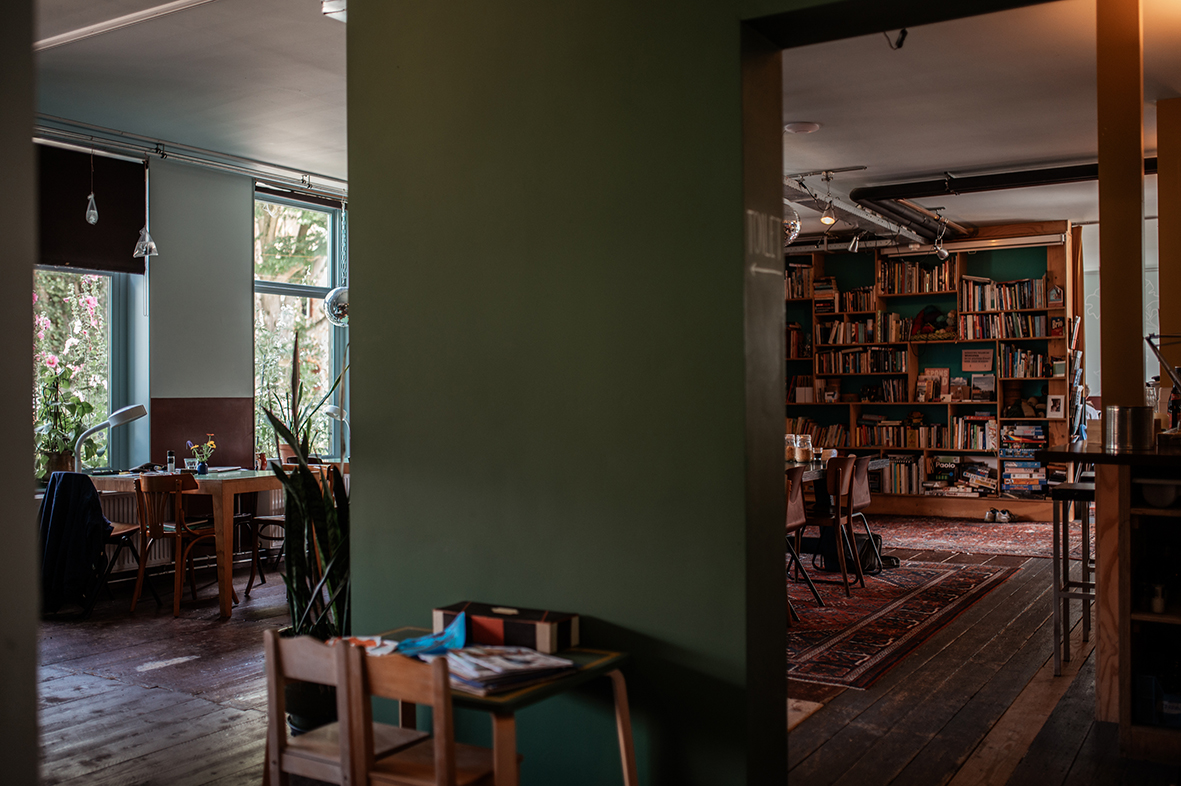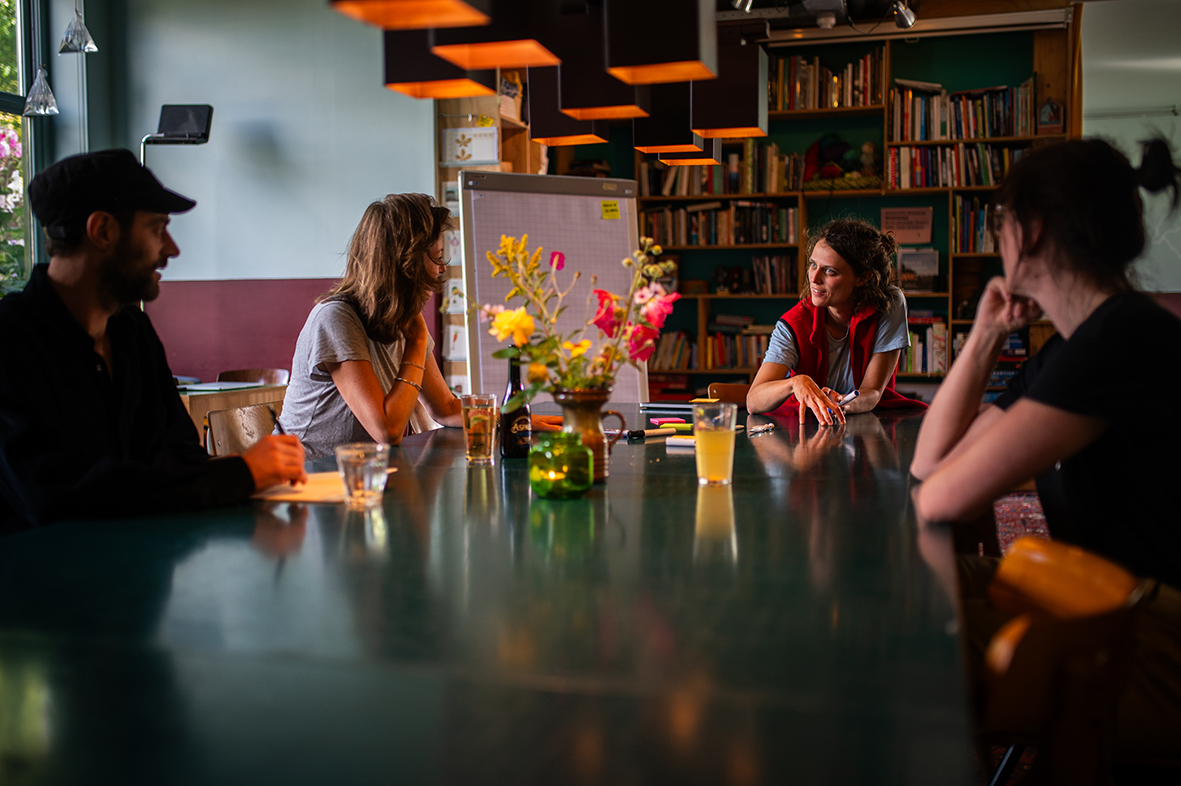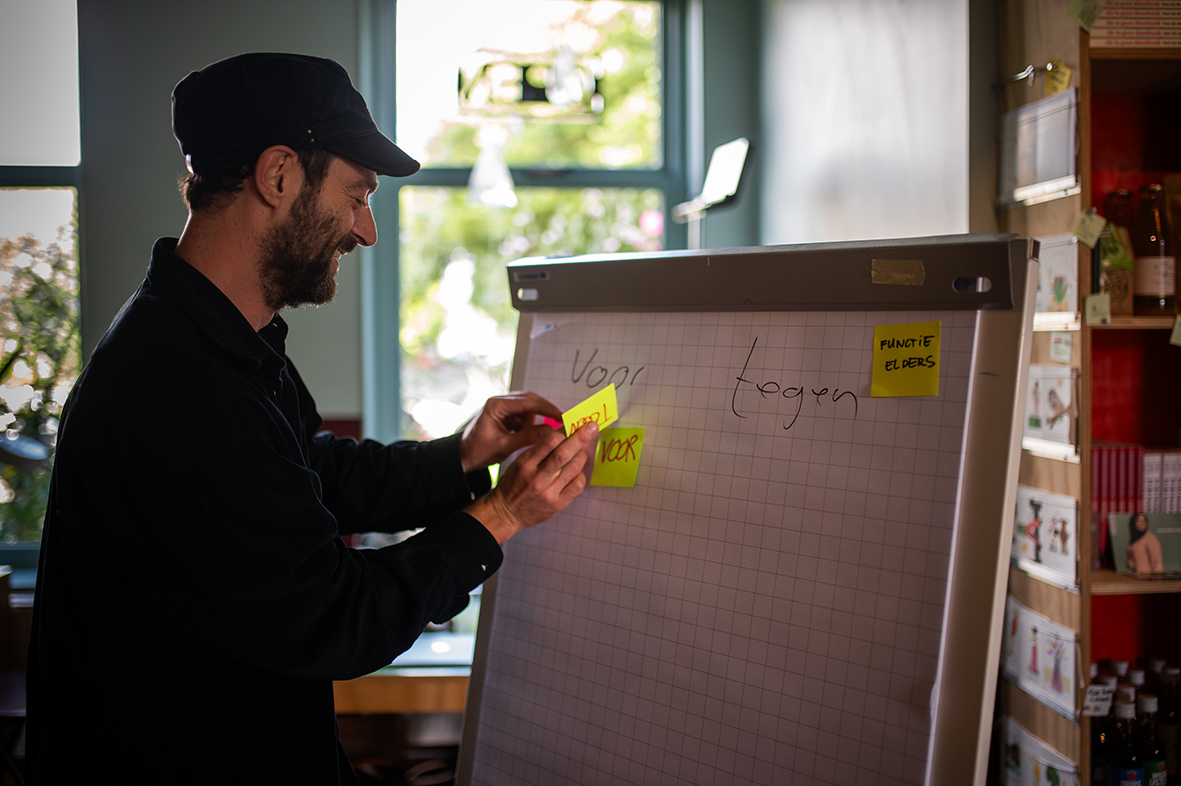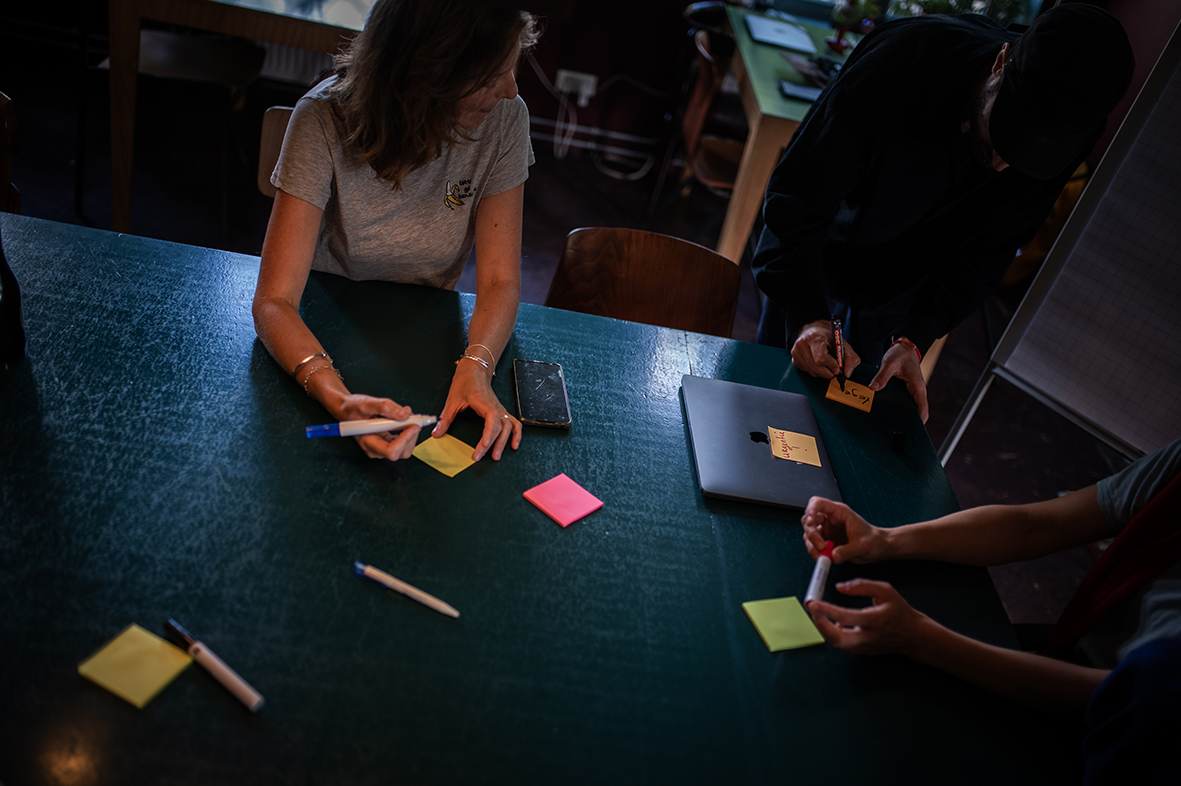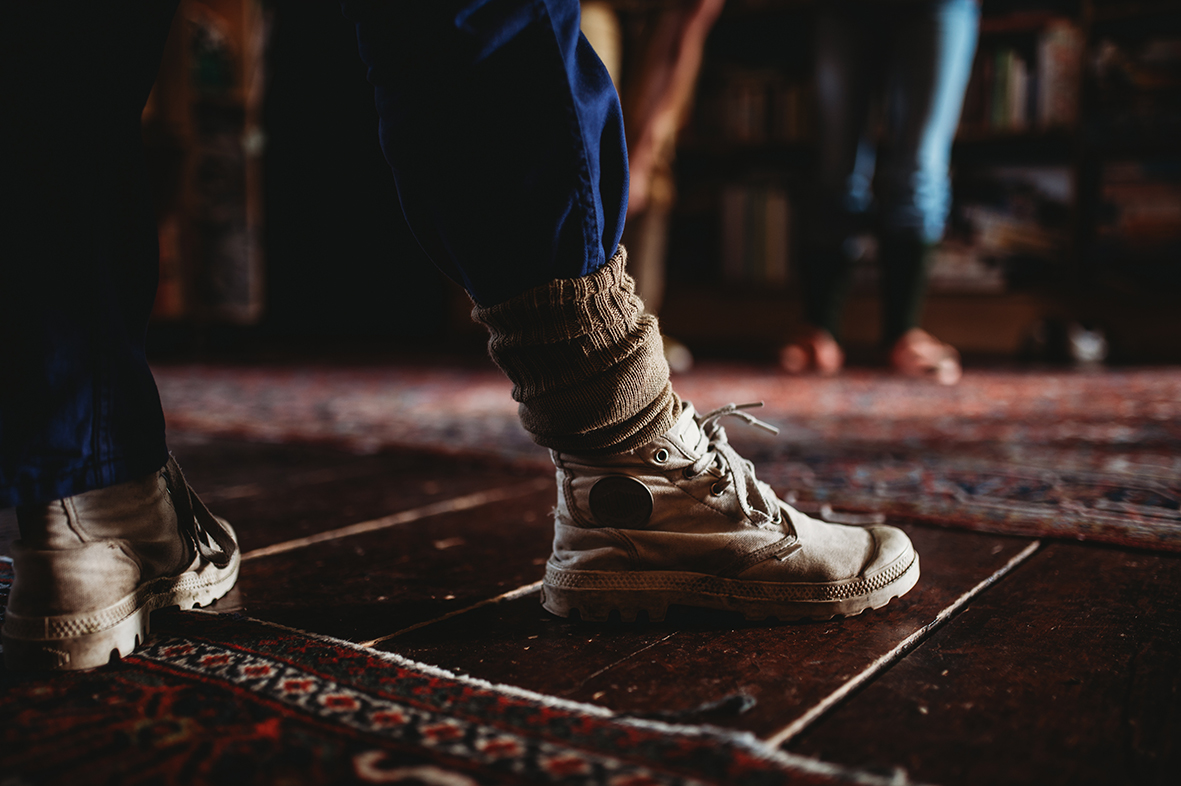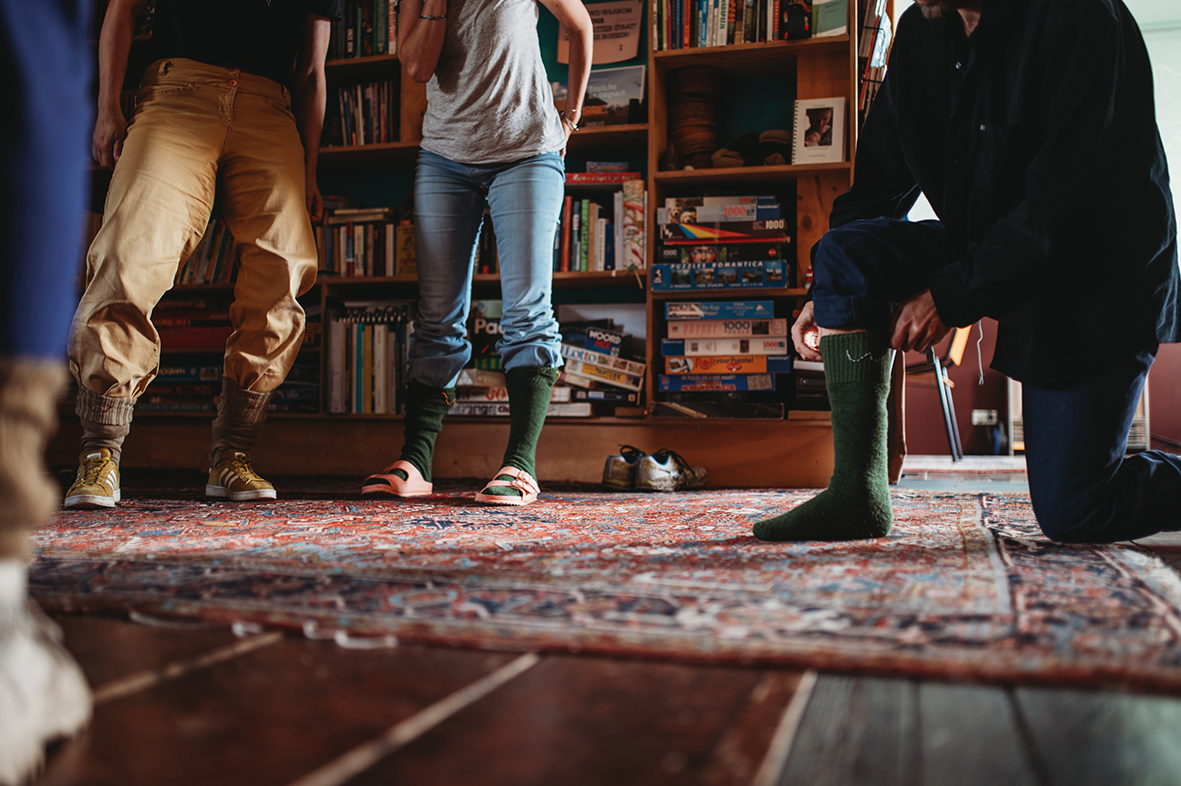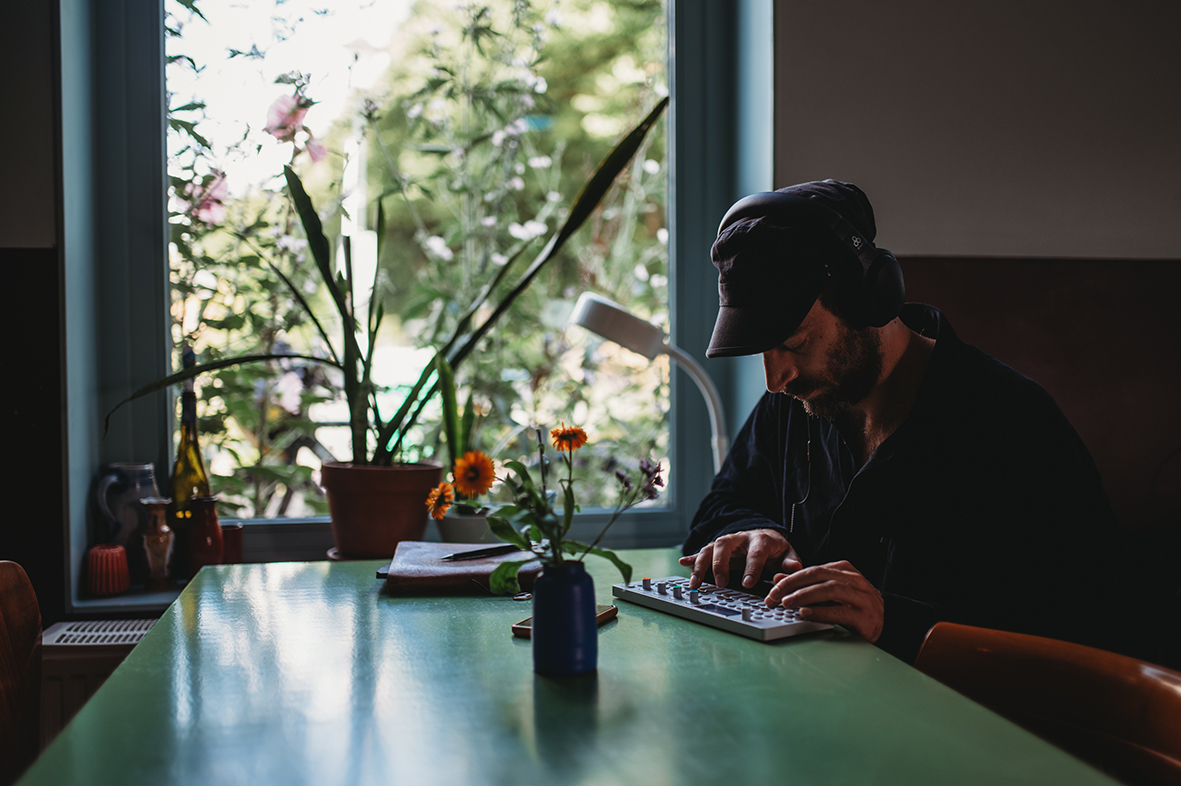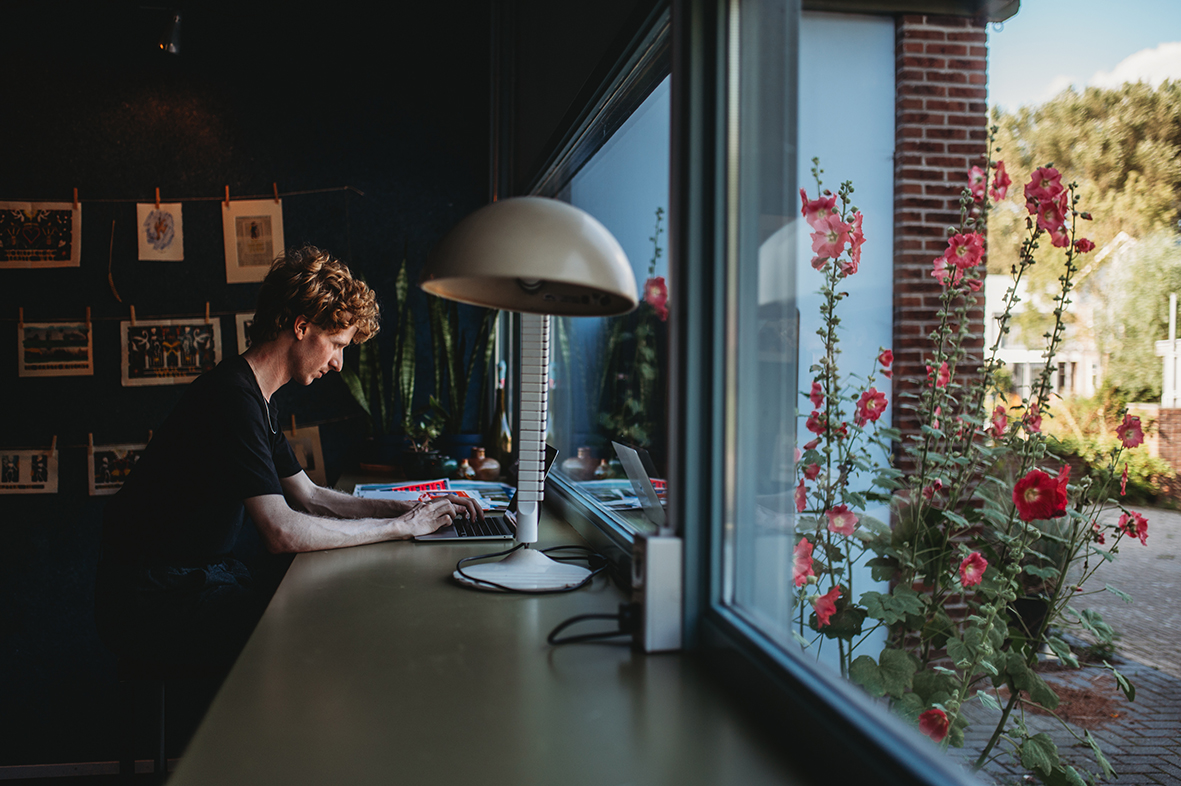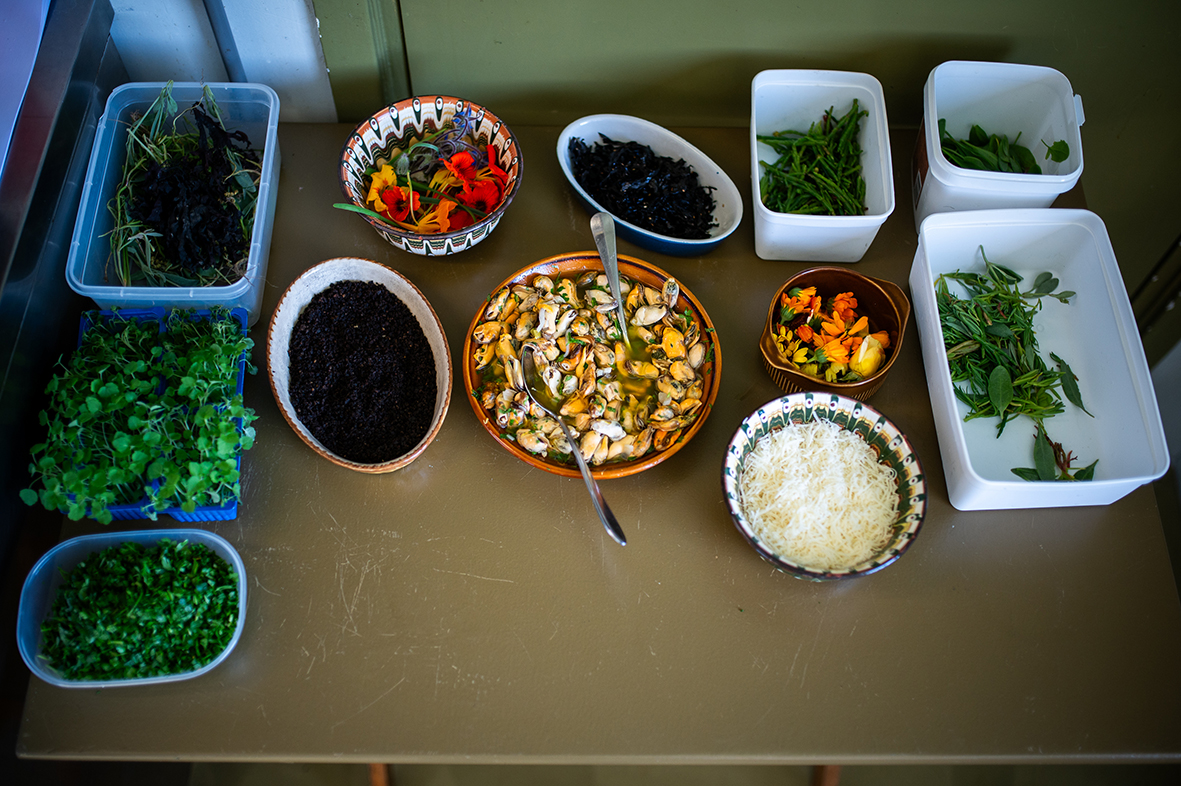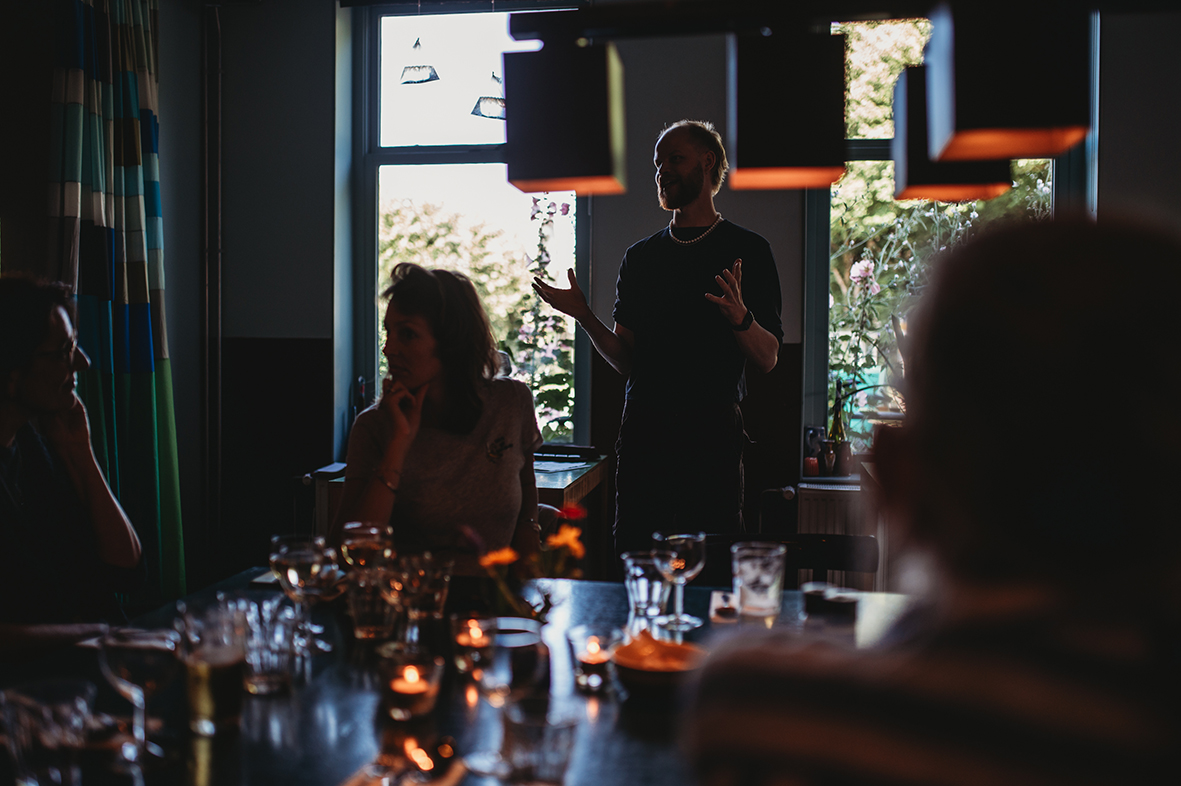Walkscapes
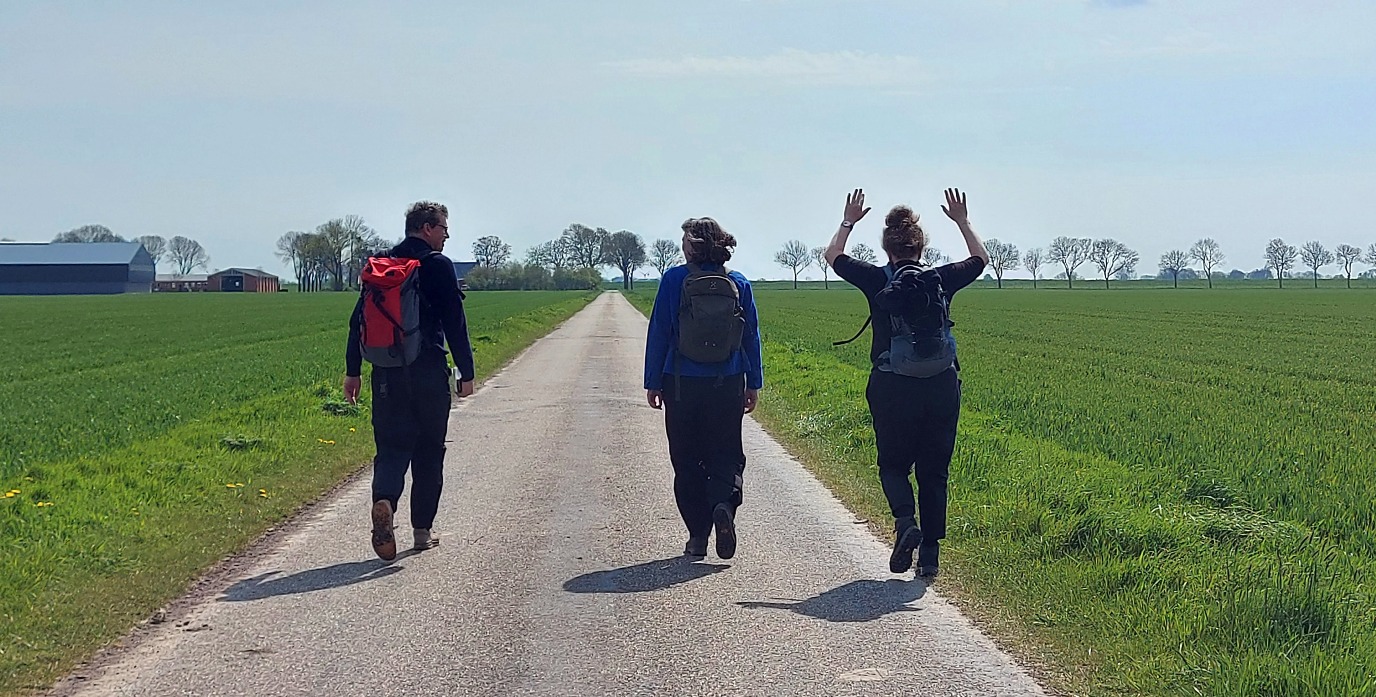
Can walking be a radical activity?
The interdisciplinary summer school Walkscapes sets out in the Dutch countryside, and challenges walking as a radical research practice to think critically about the spatial visions for its sustainable future and revitalization.
The countryside is rapidly transforming all around the world. The North of the Netherlands showcases an exciting case by providing a particular landscape with water-land relations, the interlinkages between urban and rural settlements, and agricultural production, and demonstrating typical challenges of climate change, sea level rise, biodiversity loss, and migration.
The Abe Bonnema chair of the Faculty of Arts will host Walkscapes at Wongema, a one-of-a-kind meeting location at the Northern edge of the Groningen region and the Wadden Sea World Heritage. The core of the summer school program revolves around multiple walks in the region, offering kaleidoscopic perspectives of the countryside and diverse experiences from pilgrim routes to mudflat hiking. Additionally, participants will gain insights through expert lectures to learn and local narratives. The program also includes daily hands-on workshops for translating observations and stories into spatial discoveries.
Over the course of one week, you will use walking as a method to understand, connect, and engage with the Dutch countryside. Walking will act as a catalyst for a total sensory immersion in experiencing the landscape, places, and pathways. You and your fellow participants will look at the past and present, collect, learn, and observe encounters, stories, phenomena, and conditions related to the region's heritage geography and local culture, and think, reflect, and discuss its spatial future.
This summer school is linked to the Master History and Theory of Architecture and Urbanism.
| Last modified: | 19 March 2024 3.44 p.m. |

